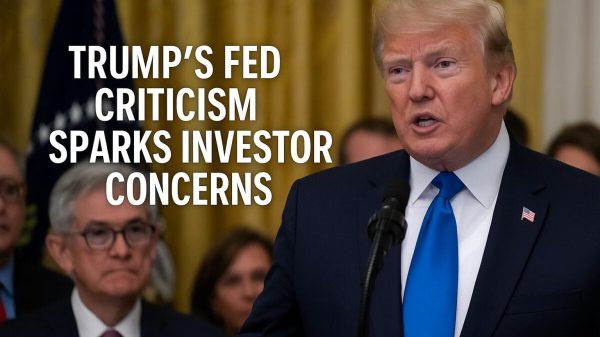Senators Cynthia Lummis and Kirsten Gillibrand have joined forces to propose a new bill aimed at regulating stablecoins.
The bill, which focuses on defining how stablecoins will operate within the United States, represents another attempt to introduce targeted legislation for the crypto market.
Under the proposed legislation, payment stablecoin issuers would be subject to reserve and operational requirements, including the creation of subsidiaries dedicated to issuing stablecoins.
Additionally, stablecoin issuers would be obligated to deal exclusively in dollar-backed tokens.
Stablecoins Are Digital Assets Used for Payments
The bill defines payment stablecoins as digital assets pegged to the U.S. dollar that are intended for use as a means of payment or settlement.
Conversion to dollars would be an obligation for issuers, and the asset itself would not be classified as a security.
Non-depository trust companies registered with the Federal Reserve Board of Governors or depository institutions authorized as national payment stablecoin issuers would be eligible to become issuers, with both state and federal regulators overseeing their operations.
Senators Cynthia Lummis and Kirsten Gillibrand introduce the Lummis-Gillibrand Payment Stablecoin Act of 2024, aiming to regulate stablecoins while fostering financial innovation in the US. Legislation emphasizes state-federal partnership for supervision under $10 billion.
— BlockVoyager (@BlockVoyagerAIO) April 17, 2024
The bill also mandates that stablecoin issuers ensure their tokens are fully backed by reserve assets and publicly disclose the nature of those assets.
They would also need to engage a non-depository trust as a custodian, which, in turn, would be required to use a depository institution as a sub-custodian, as outlined in the bill.
Notably, the bill appears to prohibit algorithmic stablecoins, which are tokens designed to maintain their value through algorithmic mechanisms and are often undercollateralized.
$10B Limit for Non-Deposit Trust Companies
The bill establishes a $10 billion limit for non-depository trust institutions to issue payment stablecoins.
Once an issuer surpasses this threshold, they must be an authorized national payment stablecoin issuer, which typically includes depository institutions.
Circle, the largest U.S.-based stablecoin issuer with $33 billion in outstanding USDC, currently does not fall under the category of a depository trust institution.
Paxos, the next largest issuer, possesses a limited-purpose trust charter through the New York Department of Financial Services but falls below the $10 billion limit.
The $10 billion threshold is considered approximate and distinguishes between smaller community banks and larger regional financial institutions with potential systemic risk.
Senators Lummis and Gillibrand have previously introduced various bills addressing the digital assets market, with one bill last summer aiming to define decentralized finance and establish jurisdiction over crypto for federal agencies like the Commodity Futures Trading Commission.
Stablecoin legislation has long been viewed as the most likely form of crypto-specific legislation to pass in the U.S., although progress has been slow.
Representatives Patrick McHenry and Maxine Waters of the House Financial Services Committee have been working on stablecoin legislation for years.
While a bill advanced out of committee last year, its progress stalled after a leadership change.
Recent discussions between Senate Majority Leader Chuck Schumer, McHenry, and Waters have considered attaching stablecoin legislation to a bill reauthorizing the Federal Aviation Administration, which is crucial legislation likely to pass.
Senator Sherrod Brown, Chair of the Senate Banking Committee, has also indicated that stablecoin legislation could advance if it includes specific safeguards.
The post Senators Lummis and Gillibrand Introduce New Bill to Regulate Stablecoins appeared first on Cryptonews.

































